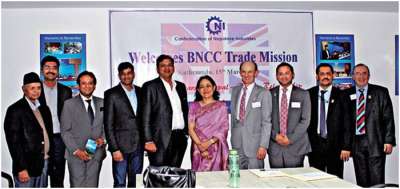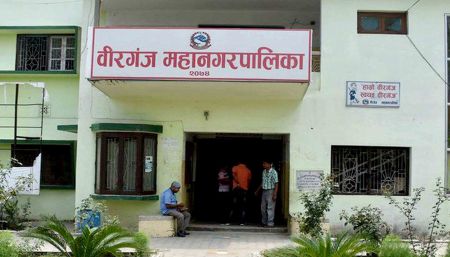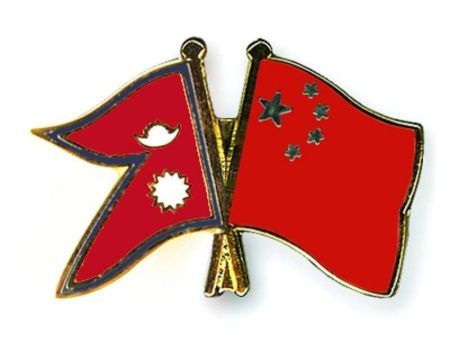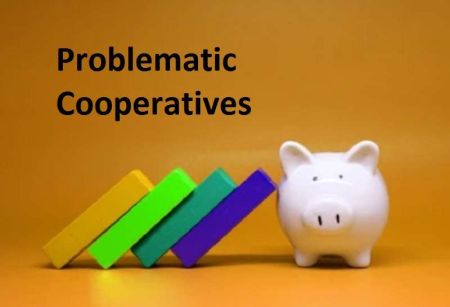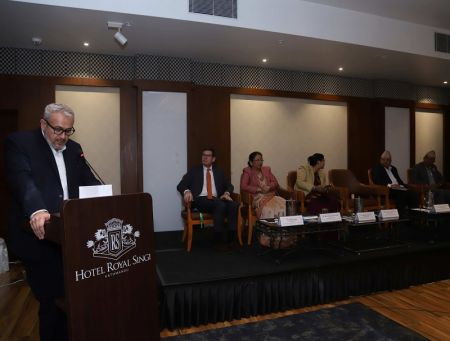--By Sagar Ghimire
With the Constituent Assembly elections approaching, UCPN (Maoist) is making an all-out effort to woo the private sector.
The Maoist party even agrees to accept a ‘private sector-led economic revolution’ now. Economic analysts term it a paradigm shift in the economic policy of the Maoists - from a vociferous opponent of the capitalism to a proponent of private sector led economic growth.
Maoist chairperson Pushpa Kamal Dahal’s statement requesting the business community to lead the ‘economic revolution’ at the Nepal Leadership Summit organized by New Business Age Pvt Ltd on September 5 corroborates the shift of the party from a state-controlled economy to a liberal economic policy. A week later at an interaction programme held by the Federation of Nepalese Chambers of Commerce and Industry (FNCCI), Dahal stressed the need for a private sector-led economic revolution, stressing that only rhetoric would not bring desired transformation in the country.
Though the UCPN (Maoist) changed its destructive ways as soon as it joined the mainstream politics in 2006 and said it was open to the concept of open-market economy.
The former rebel party’s commitment towards the free market was not so strong at that time.
The business community was skeptical towards its economic credentials as it had not shunned violence completely the political document was not in line with favourable market policies and it was creating labour unrest in industries.
The Maoists had twice got the opportunity to lead the government after it abandoned the insurgency. The Bilateral Investment Promotion and Protection Agreement (BIPPA) was signed with India during the Dr Baburam Bhattarai-led government, which analysts say, marked a turn of the Maoists to an open market policy.
However, many still view the Maoist proximity with the business community in recent days as a strategy in relation to the upcoming CA polls.
Maoist sympathiser Economic Analyst Hari Roka sees the Maoist proximity with the business community as an attempt of the former to assuage the fears of the latter by assuring that they would support a free-market but fully regulated economy. “Since the Maoists have now realized that the private sector is also a major player here, they want to strike a balance by taking the business community into confidence,” said Roka. “Earlier, distribution was their central plank, but now they consider production as a priority.”
The decision of the Maoist convention in Hetauda on forming production brigades in order to make the party financially self dependant is taken on this line, he said.
Senior economist Dr Bishwambhar Pyakurel, however, said that the Maoist attempt to woo the private sector was a result of circumstantial political compulsion. “Their long-term political goal is different, but for the time-being, they do not have any other choice except to move hand-in-hand with the private sector.”
He added, “Even though the Maoists are making a commitment to accept the market-led economic system as a tactic to woo the business community for electoral benefits, we have to tap into this opportunity to turn their words to reality.”



